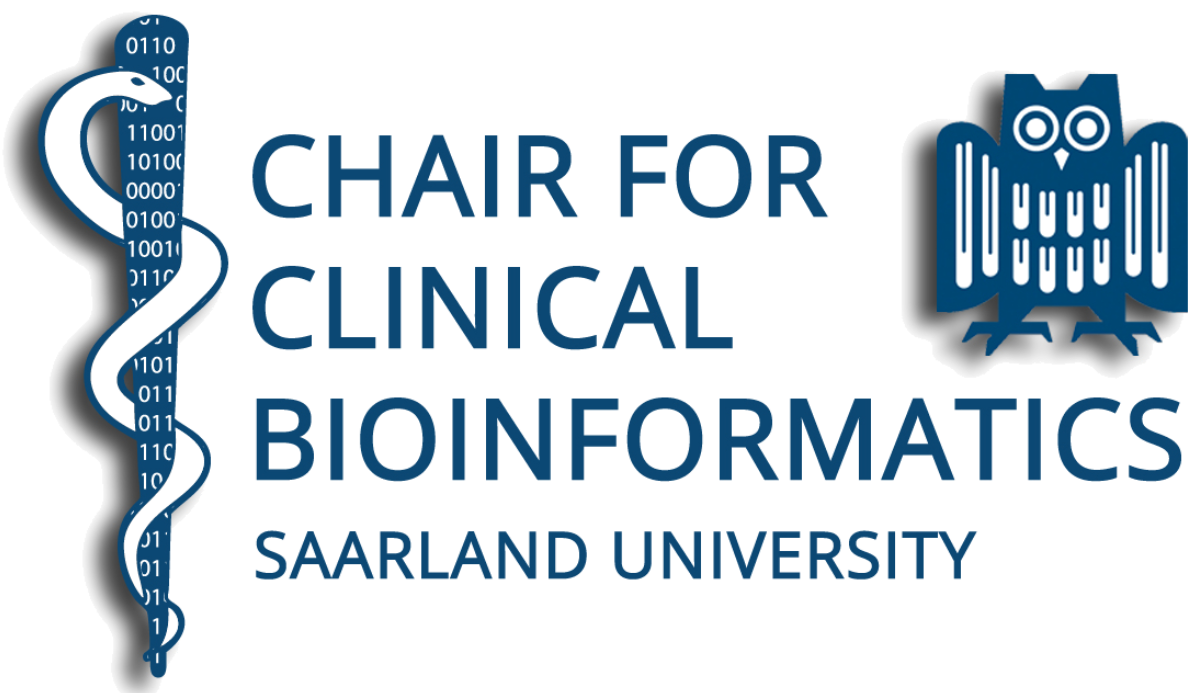This is a block seminar for Bioinformatics master students.
Overview: Single-cell studies are among the very rising topics of the last few years and will strongly shape future developments of bioinformatic methods. Applying transcriptomics to measure the dynamics of gene-expression under various conditions, on the other side, is already well-established in the scientific literature, and currently experiences another up-surge due to high-throughput single-cell sequencing. In the course of this seminar, we will cover the basics of the different single-cell RNA-seq techniques and swiftly move on to advanced bioinformatics methods that help to understand the sparse single-cell datasets. To this end, we will have a look at the diverse steps of data quality assurance and technical and / or biological bias detection methods, which are necessary to implement effective single-cell RNA analysis pipelines.
News: All topics have been assigned. No further slots are available.
All meetings and talks will be held via Microsoft Teams.
Tutors: M.Sc. Viktoria Wagner, M.Sc. Fabian Kern
Key dates:
| Registration * | 26.04. – 16.05.2021: REGISTER HERE |
| Kick-off meeting [mandatory] | 08.06.2021, 14:00 remotely via Microsoft Teams. Download slides |
| Deadline to register in HISPOS OR de-register from seminar * | 29.06.2021: REGISTER HERE |
| Deadline for feedback ** [optional] | 06.09.2021 |
| Presentations | 13/14.09.2021, 10:00 remotely via Microsoft Teams |
| Summary submission deadline | 20.09.2021 |
* If you want to deregister from the seminar, please send the tutor an email irrespectively whether you (de)registered in HISPOS or not.
** If you would like to get feedback about your slides, e.g. to improve your presentation before the talk, send your slides to the tutor before the feedback deadline. We strongly encourage you to take this opportunity. When asking for feedback the more complete the submitted presentation the more helpful our feedback can be. Thus, try to avoid submitting half-finished slides. Feedback will be provided at least once but at most twice per participant. Also, before sending in the slides, check out our support materials (presentation guidelines, presentation guidelines checklist). You must hand-in a (digital) copy of the completed guidelines checklist at latest when performing the presentation.
Please note: Your slides will make up a substantial part of the final grade. Reading and paying attention to the provided presentation guidelines will help you to get an impression of which aspects are relevant for the evaluation. Disregarding many of the points listed in the guidelines may negatively affect your grade.
Place and Time for Presentations:
- Online (Microsoft Teams), at 10 am.
Requirements for participation (Bioinformatics):
- Seminar: no pre-requisites.
Good language skills are presumed as all talks will be held in english language.
Certificate requirements:
- Successful presentation:
- Talk: 40 minutes for a Seminar
- Discussion: 5 minutes during which you should be able to answer questions from the tutor(s)/audience
- Attendance to all presentations is mandatory
- Submitting a summary (may have an impact on the final grade):
- Short description of the presented topic(s)
- Ca. 2 pages of text, excluding title (page), references, figures, tables etc..
- No figures, tables or formulas required
- Main structure: title page, main text (with or without subsections), references
- It is recommended to write the report using LaTeX in order to train scientific writing
Final grade:
- Primarily based on the given presentation & follow-up discussion
- Might be influenced by the quality of the submitted summary report
Topics
All manuscript files are either open-access or available via the university network using a secure VPN connection.
Recommended readings
Students who either have a shallow understanding on the topic and / or want to prepare for the course should consider reading the following papers:
- Eleven grand challenges in single-cell data science
- Current best practices in single‐cell RNA‐seq analysis: a tutorial
- Single-cell RNA sequencing technologies and bioinformatics pipelines
- The promise of single-cell sequencing
- Single-cell sequencing-based technologies will revolutionize whole-organism science
- A practical guide to single-cell RNA-sequencing for biomedical research and clinical applications
- Integrative single-cell analysis
